When PhD candidate Natalie Hewitt Valentin is not conducting research on G proteins in the Department of Pharmacology’s Dohlman Lab, she is running a K through 12 science education outreach program, teaching biology at Durham Technical Community College, and serving as an ambassador for the Department of Pharmacology’s summer program.

This drive and commitment to excellence is not something new for Natalie. When she was an 18-year-old living in Suriname, a small country on the northeastern shore of South America, she knew two things; she wanted to go to college in the US, and she wanted pursue biology. Natalie’s mother “worked her magic” and leveraged relationships with nonprofit volunteers who traveled to Suriname, connecting Natalie with an opportunity for higher education in the US. Natalie applied and was accepted to Oakwood University in Huntsville, Alabama, where she began her study of biology.
It was at Oakwood that Natalie’s love for science truly blossomed. However, opportunities to gain hands-on experience were limited by her status as an international student. At the time, international students were ineligible for many of the federal grants available to support the scientific research experiences one needed to be competitive for graduate school. Natalie describes a “fateful day” during her junior year when UNC-Chapel Hill’s office of graduate education visited Oakwood’s campus. This visit put UNC-Chapel Hill on her radar and ultimately led to her connection with her mentor of five years, Sharon Campbell, now the Gary F. Liebscher Distinguished Professor of Biochemistry and Biophysics at UNC. It was through Dr. Campbell that Natalie learned of UNC’s Summer of Learning and Research program (SOLAR). SOLAR enabled Natalie to have a foot in the door in UNC’s Biological and Biomedical Sciences Program, where she met Dr. Henrik Dohlman, whose lab she would work in two years later. After two summers in the SOLAR program, Natalie was accepted into the Biomedical and Biological Science Program and began working with both Dr. Campbell and Dr. Dohlman. Natalie currently studies G proteins—the proteins in cells responsible for growth, rapid reproduction, motility, and mobility. Mutations in these cells can lead to cancer and other life-threatening diseases. Ultimately, Natalie hopes to identify the biochemical characteristics in mutated G proteins.
 The connections and experience Natalie gained in SOLAR led her and fellow PhD candidate Lucas Aponte-Collazo to establish their own K through 12 science outreach program called STAR, for Scientific Training and Research. In STAR’s pilot year, Natalie and Lucas engaged 40 elementary school students in activities ranging from biology, to chemistry, to computational modeling. Natalie hopes STAR students will walk away understanding how they can use science to help people, while also connecting with scientists who successfully traveled a similar path.
The connections and experience Natalie gained in SOLAR led her and fellow PhD candidate Lucas Aponte-Collazo to establish their own K through 12 science outreach program called STAR, for Scientific Training and Research. In STAR’s pilot year, Natalie and Lucas engaged 40 elementary school students in activities ranging from biology, to chemistry, to computational modeling. Natalie hopes STAR students will walk away understanding how they can use science to help people, while also connecting with scientists who successfully traveled a similar path.
Natalie recognizes there are more students like her who want to be scientists, but will have to rely on chance connections for a path forward, much like the fateful day that UNC-Chapel Hill came to Oakwood University. She is hopeful that her tailored mentoring will translate to opportunities for more students to follow their dreams of becoming scientists, and embrace a culture of research and innovation.
For more information on how to support researchers like Natalie, please contact Tara Britt at tjbritt@unc.edu.
